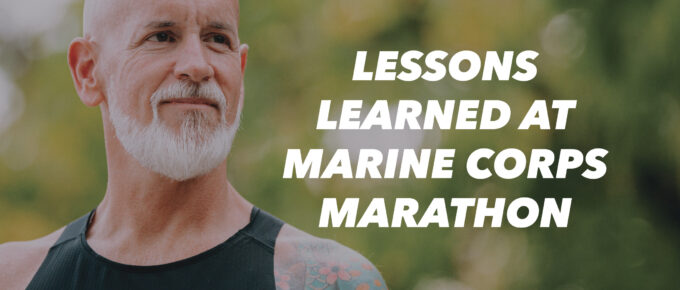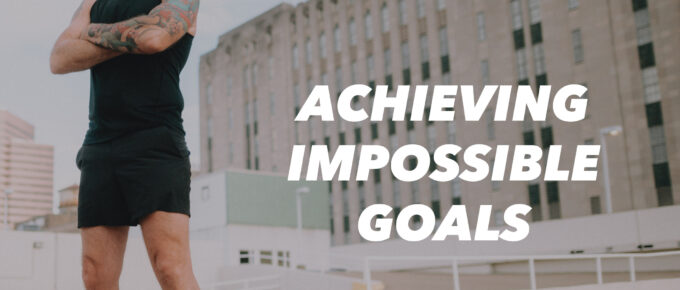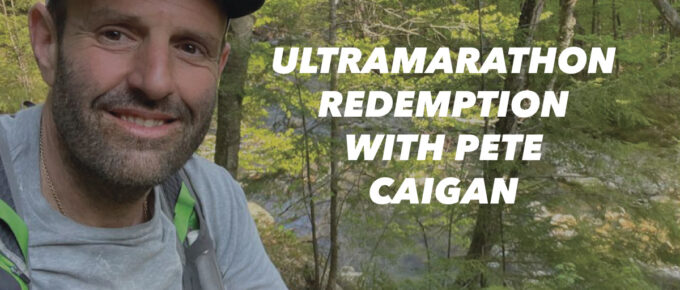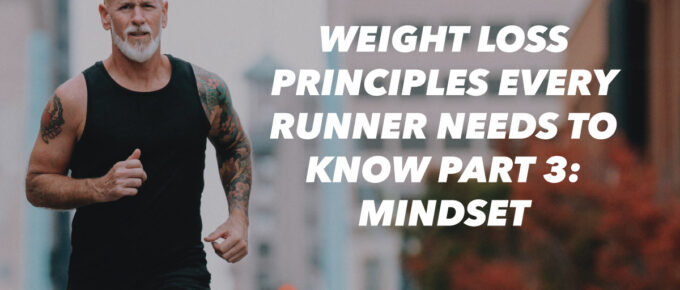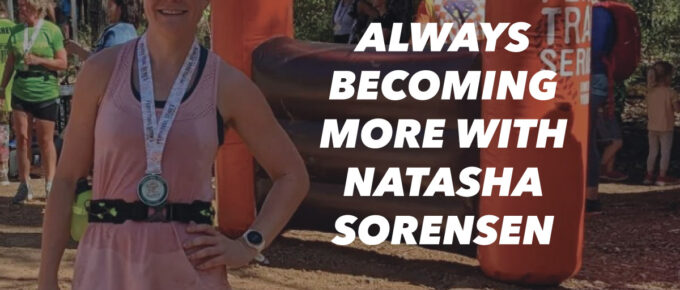This past weekend I had the privilege to be a part of the 49th annual Marine Corps Marathon. Just to be clear, I did not run the race, instead, I was able to be a part of this amazing event from a …
Continue Reading about 253. Lessons Learned at Marine Corps Marathon →

